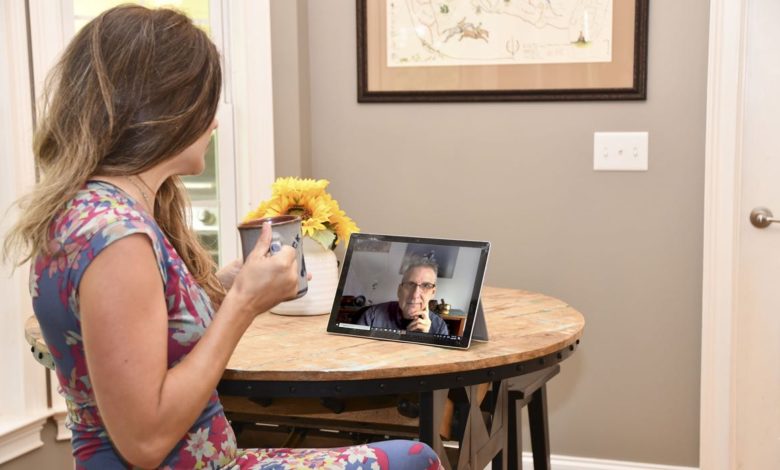
“Most of us have gotten where we are by using certain techniques that work for us…. except when they don’t. A coach helps navigate those tricky areas that are uncomfortable or difficult, the areas that don’t work.”
And at this point I knew I was ready to sit down and drink all the tea he was pouring. He being, Steve Vinter, Senior Director of the Technical Leadership Development Program at the Broad Institute of MIT and Harvard, and that tea was my interview turned into a mini-coaching session. For all those new to the coaching scene, someone might engage a coach for a specific task like becoming a better speaker. Or a coach could be sought out during a time of growth to help make effective adjustments. As Vinter said, “Over the course of a year, growth will happen either way. The difference is that with coaching, you have a partner helping you more intentionally get where you want to go. They can assist with thoughtful questions and conversations, as we gain skills and flesh out ideas.” And since many people come in having no idea or the wrong idea of what coaching is, here you go — three things you should know before hiring a coach:
Find the Right Coach for the Right Job
First, the type of coaching we receive decides the type of progress we make. Did you know there are two different approaches to coaching? I surely didn’t. Take the previous example, if someone struggles with public speaking, they could either address it with performance-based or developmental coaching.
-
- Performance-based coaching seeks to work on building skills, and uses a toolkit that will help them gain insight and understand what obstacles are getting in the way. It focuses on achievement and success.
- Developmental coaching does more of a deep dive. Yes, the goal is still to develop skills, but it also asks why is the problem there in the first place? Where are these fears or lack of perspective coming from? If you have valid/valuable information to share, what is the root of these insecurities or blind spots?
Being aware of these two styles helps you lay a better foundation as you are considering coaching options.
Be Ready to Identify Goals and Desired Outcomes
I know… kind of a duh statement, but bear with me. An effective engagement generally starts with communicating goals and expectations, which is why many coaches begin with a coaching agreement. This can hash out questions like how do we work together, what does success look like, and how do we establish trust? By explicitly spelling these things out, a plan and set of guidelines is created for both sides to follow. This is especially important because good coaching relies on good rapport. When you don’t have good rapport, progress is possible, but it is generally a slower and harder progress. So be sure to do the work in the beginning to reap the benefits throughout your coaching experience.
Be Intentional with Communication
Vinter went on to say that, in the face of COVID, effective communication is even more vital. Since face-to-face interaction might not be an option with his clients, he now listens extra attentively as body language might be limited or completely missing. This means paying attention to tones, word choice, and pauses as they can highlight unsteady ground. Words that shut us down or really engage us can be particularly insightful tools for coaches when we are traversing that unsteady ground, and Vinter was able to offer a personal example from one of his experiences as a coachee.
In one of his own sessions with a coach, as they were working on professional development, the conversation turned to branding. Vinter immediately pushed back saying he had no interest in branding; he just has a negative association with personal branding. The coach then asked Vinter how he felt about his reputation, which is understandably important to him. The follow-up question: what’s the difference? These simple questions helped him understand the biases he had created around this word and the obstacles he was creating for himself.
A good coach can help us understand how we engage with the world around us and how our techniques are helpful sometimes and how, at other times, they can be a hindrance. It might take interviewing multiple coaches before we find one that is a good fit. This interview process can be a necessary investment of time and effort in order to find the person with whom you have the right rapport. However, once you find your coach, their experienced, outside perspective can assist you in making more purposeful progress. And isn’t that what a meaningful life is all about?
Jacquelyn Adams is a career development enthusiast and an award-winning CEO. She lives in a world of constant exploration, whether it’s summiting Mount Kilimanjaro, delving into more effective employee training strategies… or discovering how she’d do in a chocolate eating contest (answer: last place). Find more of her Lessons on Leadership articles here or connect with her on LinkedIn here.






